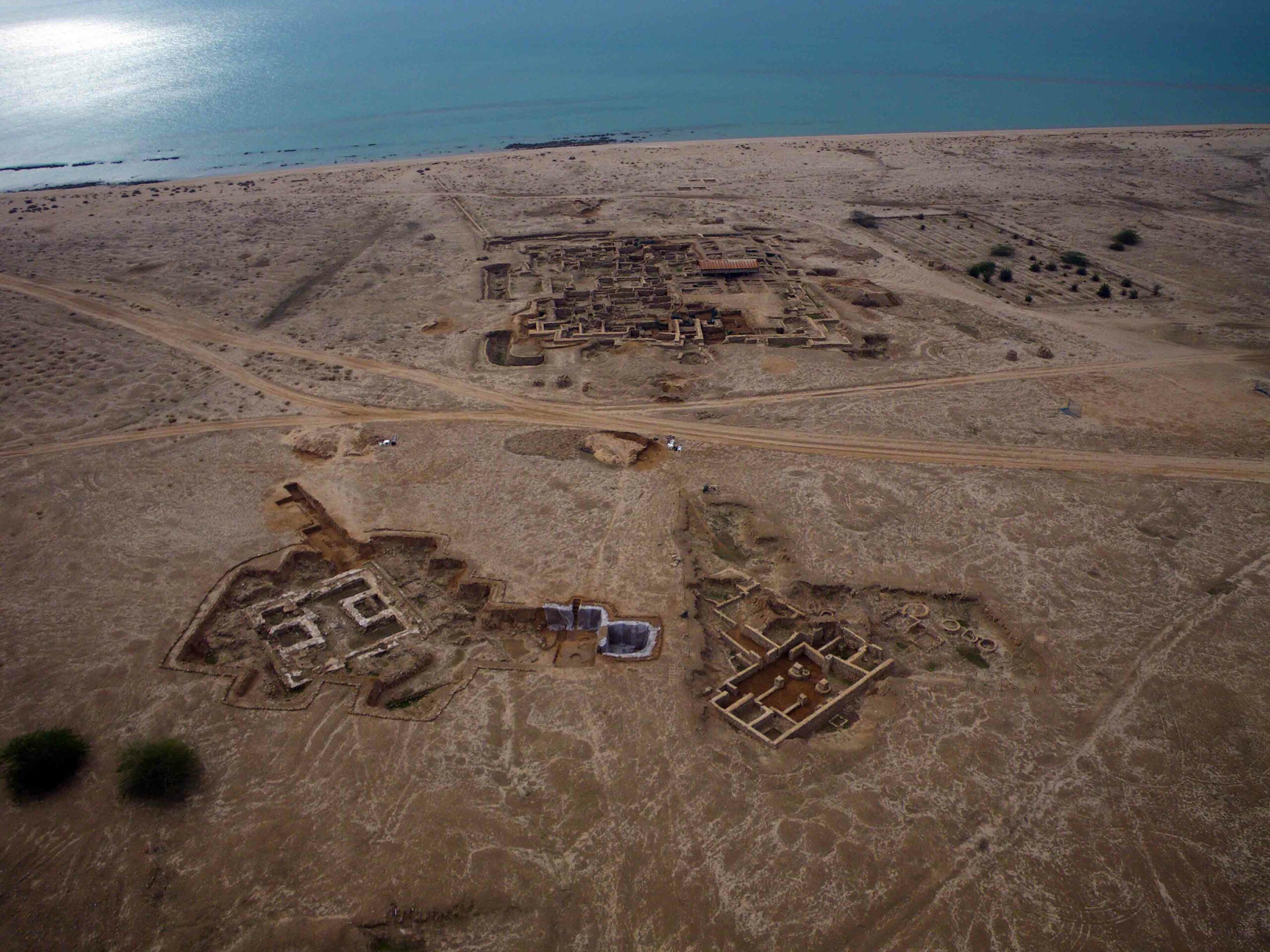LONDON, ONTARIO—In 1845, British explorers led by Sir John Franklin set out for the Arctic in two ships, the Erebus and the Terror, only to become icebound. All 128 men were lost—the graves of some of them were eventually discovered on Beechey Island and King William Island. Chemist Ron Martin of the University of Western Ontario re-examined some of the bones of the Franklin expedition officers and crew. It had been thought that solder on poorly made cans of food, or even the lead water pipes in the ships, contributed to the poor health and confusion of the crew. But Martin says that the lead levels in the bones were too high to blame on the expedition’s stores. “The lead distribution is essentially uniform as might be expected from lifetime lead ingestion. There is no evidence for a sudden massive increase in lead during the latter part of any individual’s life,” he said.
Food Cans Exonerated in Franklin Expedition Deaths
News April 9, 2013
Recommended Articles
Artifacts July/August 2025
Maya Ceramic Figurine
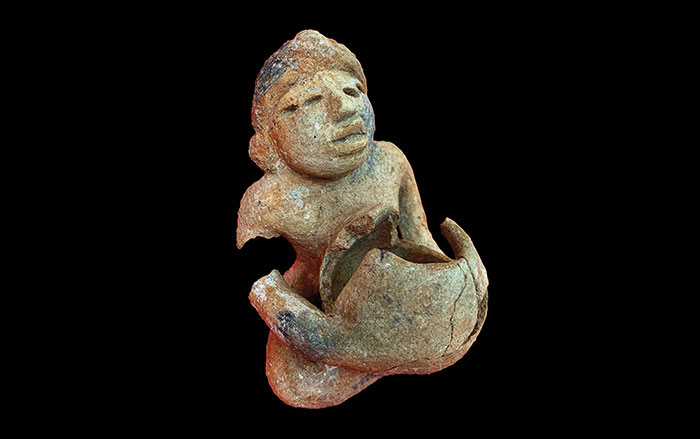
Off the Grid July/August 2025
Vichama, Peru
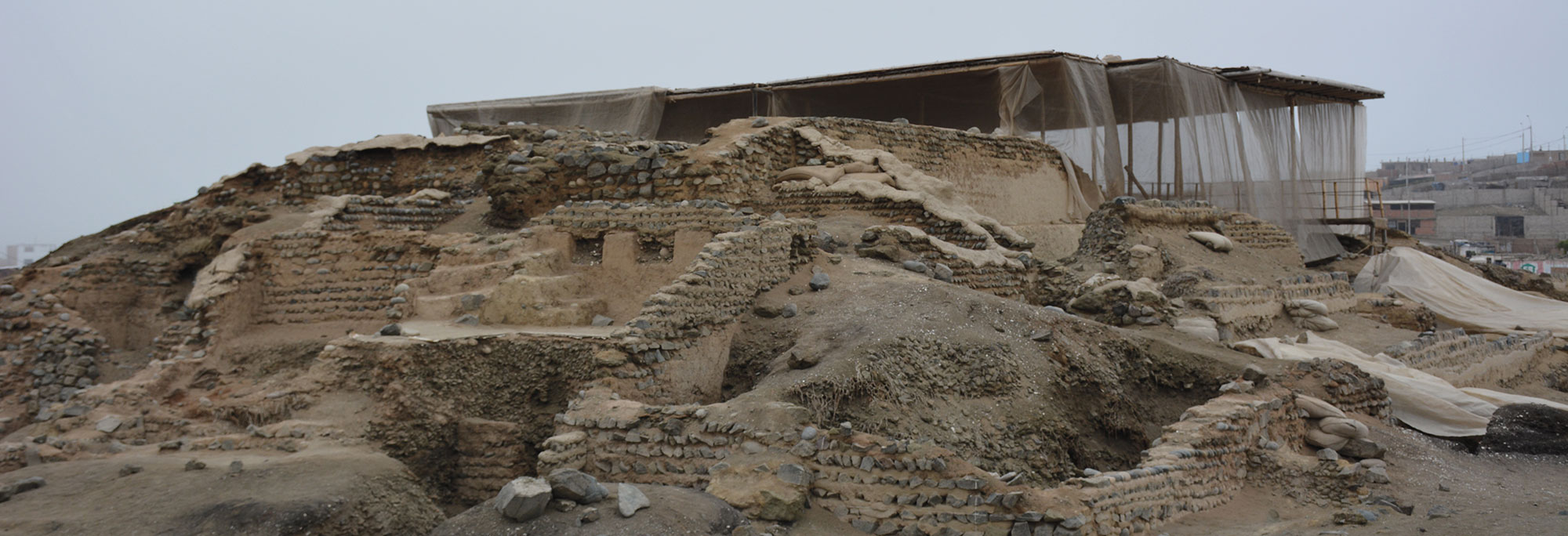
Digs & Discoveries July/August 2025
Bound for Heaven
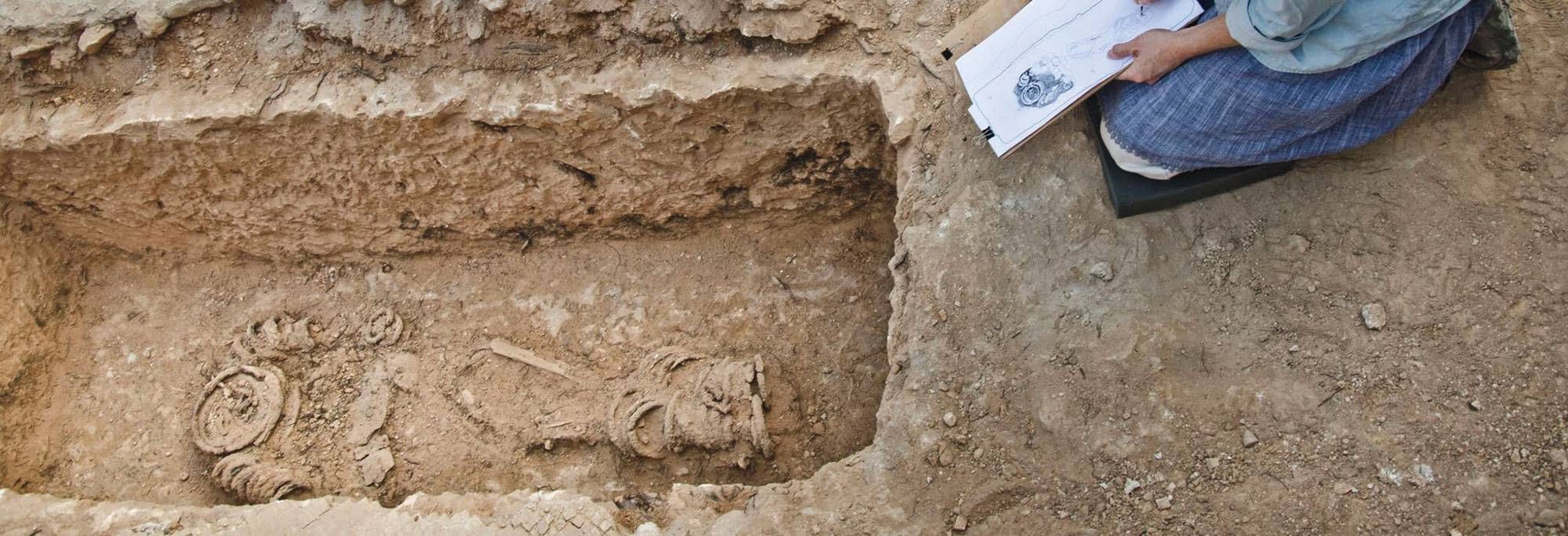
Digs & Discoveries July/August 2025
Saints Alive
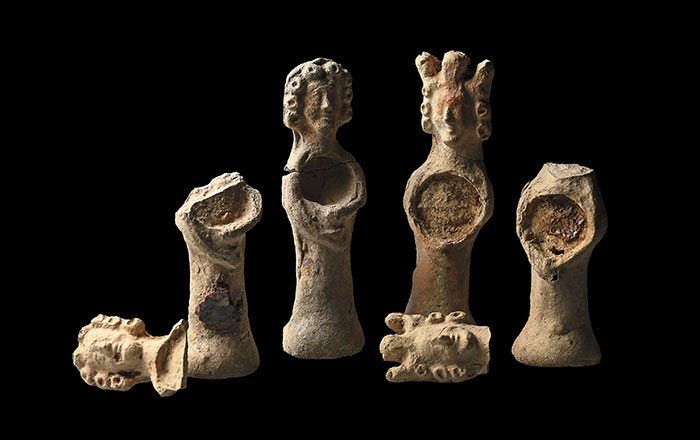
-
Features March/April 2013
Pirates of the Original Panama Canal
Searching for the remains of Captain Henry Morgan's raid on Panama City
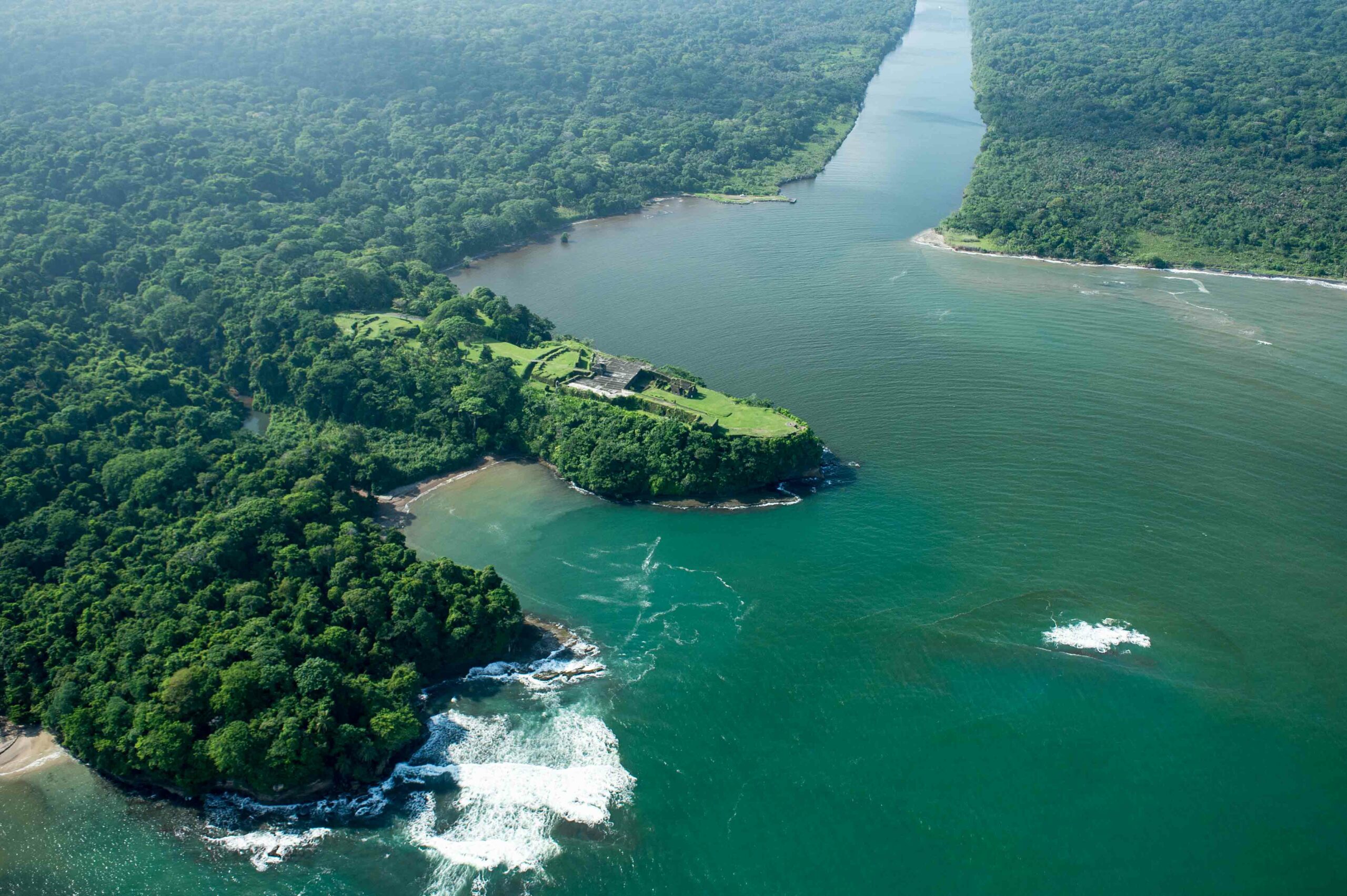 (Courtesy Captain Morgan Rum Co.)
(Courtesy Captain Morgan Rum Co.) -
Features March/April 2013
A Soldier's Story
The battle that changed European history, told through the lens of a young man’s remains
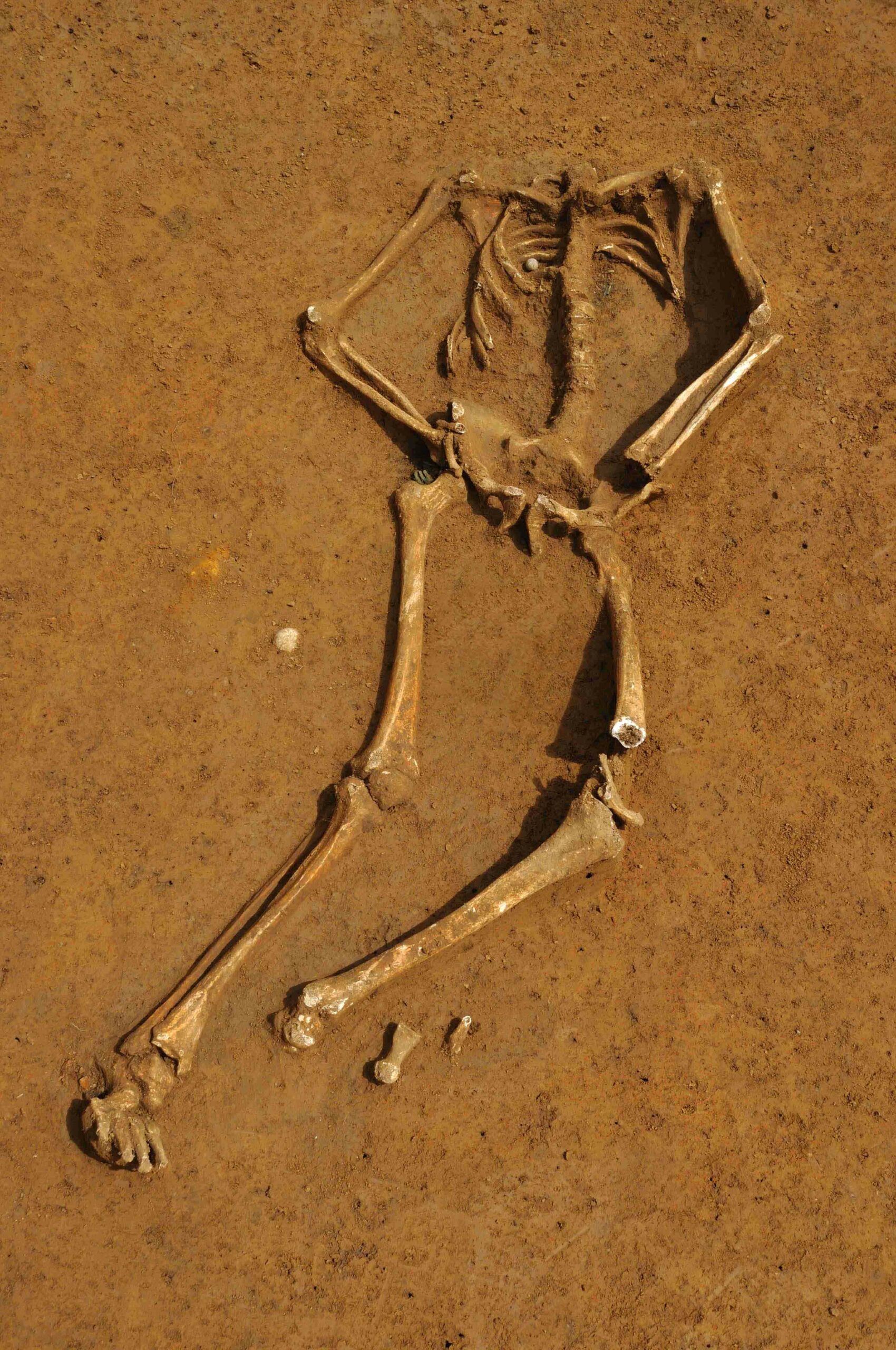 (Courtesy Dominique Bosquet)
(Courtesy Dominique Bosquet) -
Letter From Cambodia March/April 2013
The Battle Over Preah Vihear
A territorial dispute involving a 1,100-year-old Khmer temple on the Thai-Cambodian border turns violent
 (Masuru Goto)
(Masuru Goto) -
Artifacts March/April 2013
Pottery Cooking Balls
Scientific analyses and experimental ARCHAEOLOGY determine that mysterious, 1,000-year-old balls of clay found at Yucatán site were used in cooking
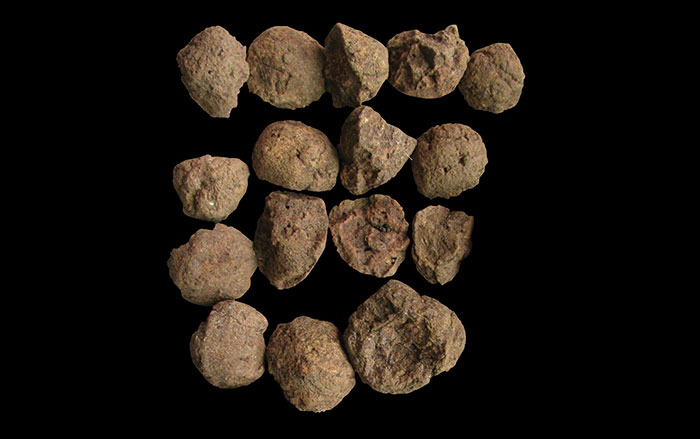 (Courtesy Bolonchen Regional Archaeological Project)
(Courtesy Bolonchen Regional Archaeological Project)


